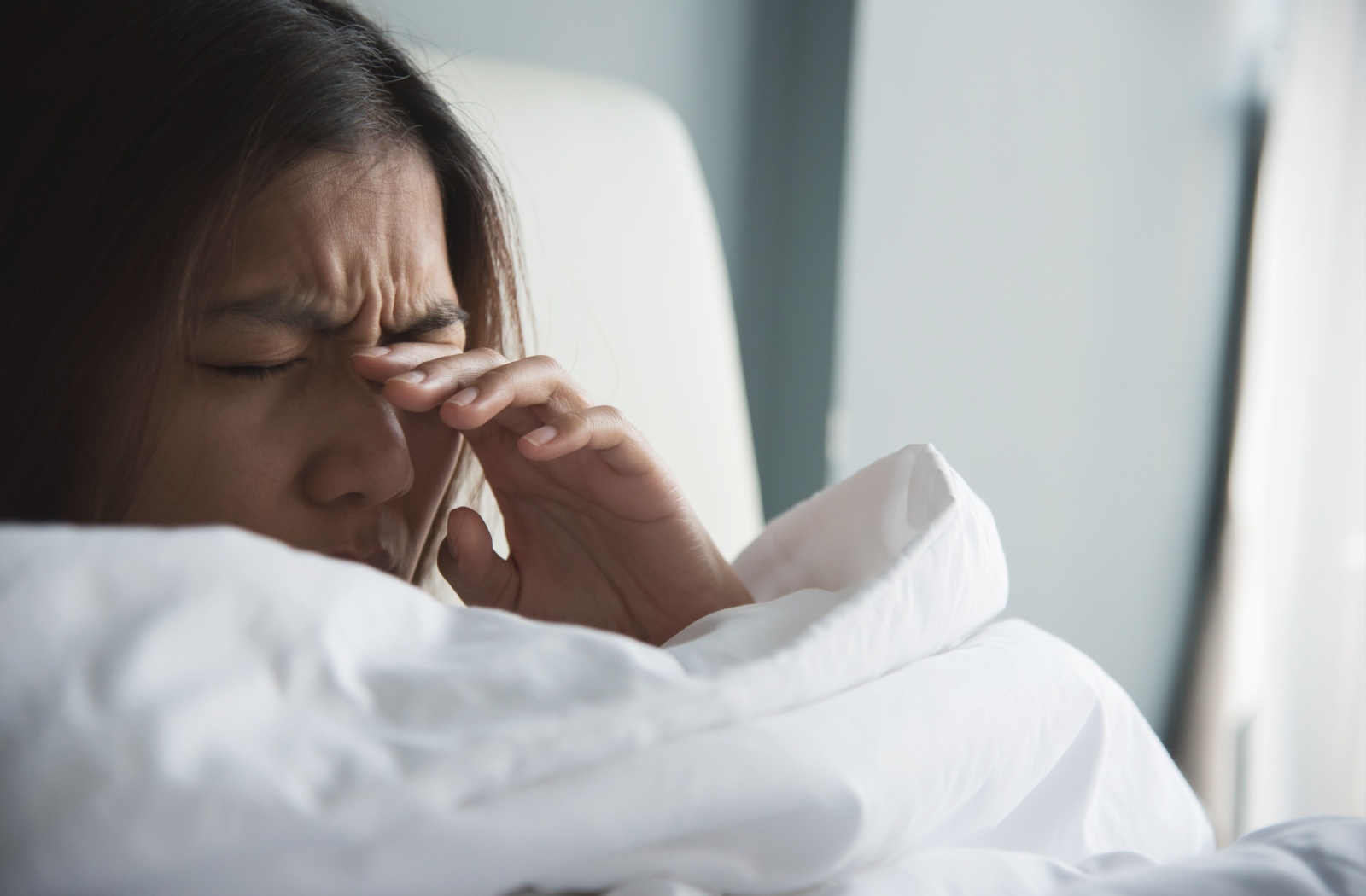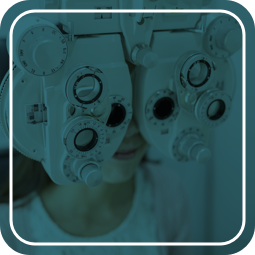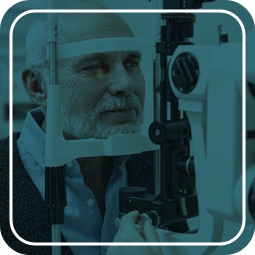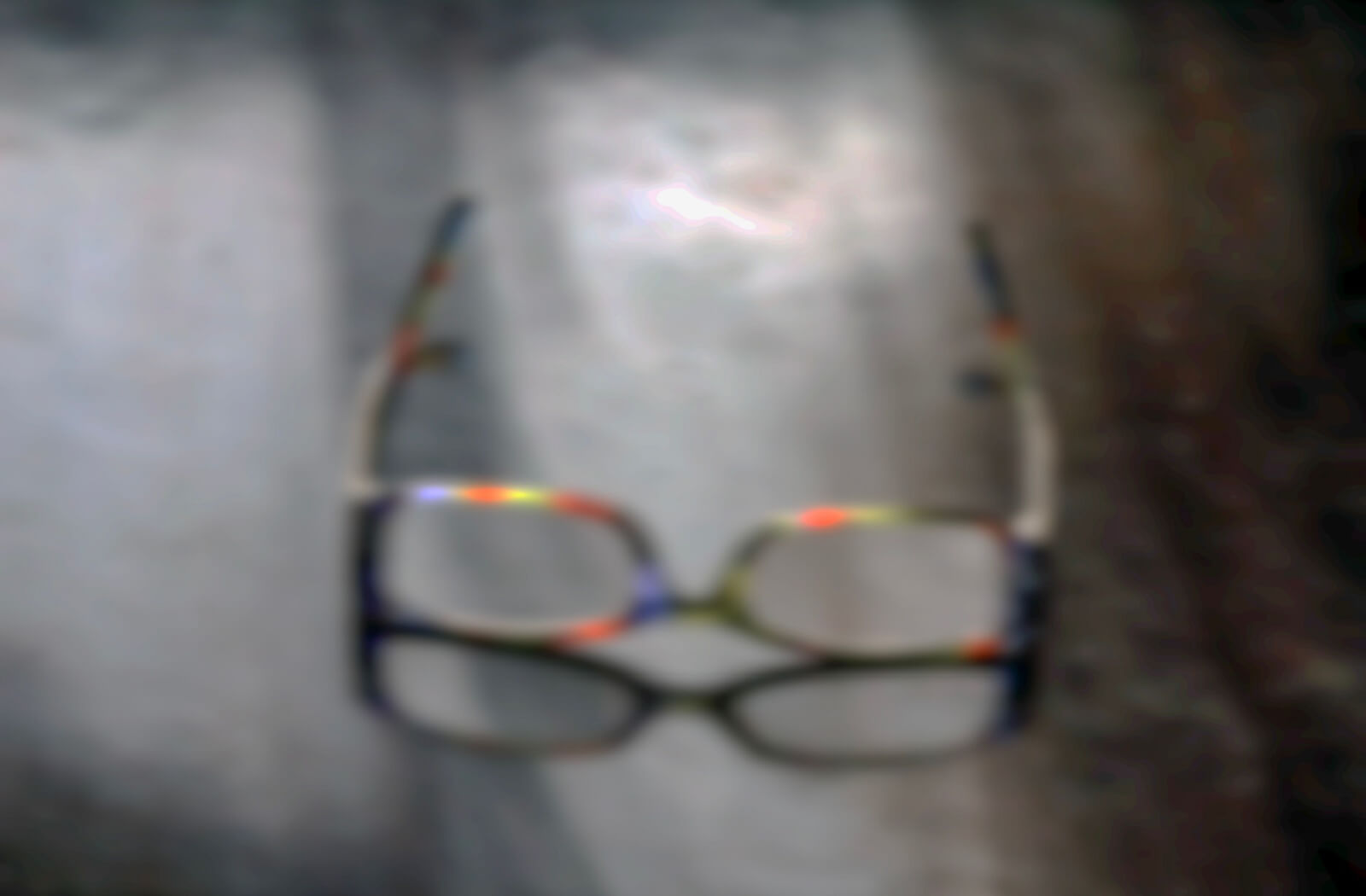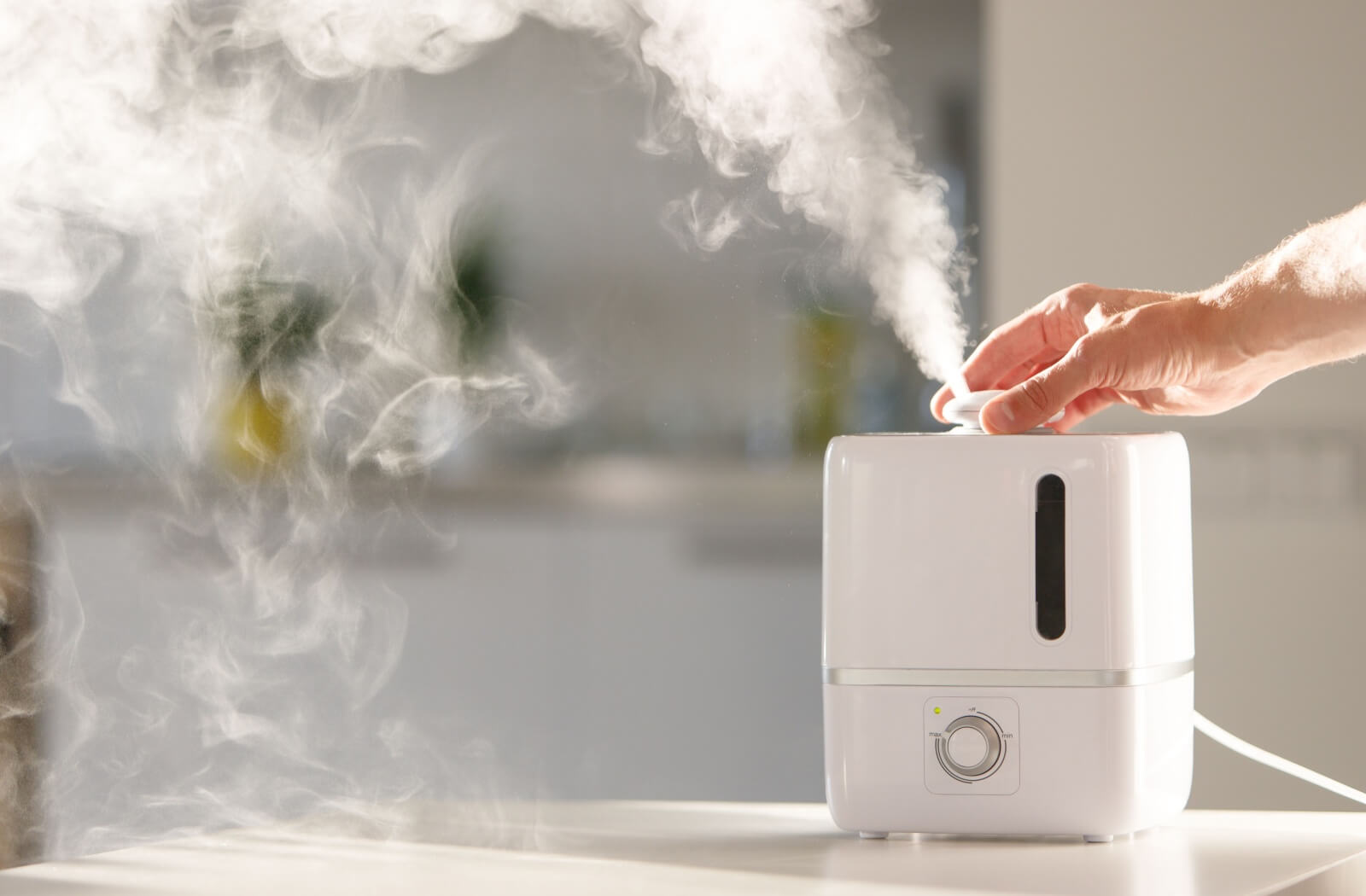Waking up with dry eyes can cause discomfort and set a less-than-ideal tone for the rest of your day. Dry eyes are a common eye condition that can affect vision comfort and sometimes feel like sandpaper when you open your eyes in the morning.
An eye exam and dry eye assessment can determine the underlying cause of your dry eyes. Generally, morning dry eyes can result from insufficient tear production, poor tear quality, and a condition where the eyelids remain partially open when you sleep.
Understanding Dry Eyes
Dry eyes occur when your eyes can’t maintain a healthy layer of tears, leading to an unstable tear film. The tear film, made of water, oil, and mucus, is important for clear vision and the health of the eye’s surface. It also keeps the eyes moist while ‘washing away’ foreign debris and reducing the risk of eye infections.
However, when there’s an imbalance in the tear film or insufficient tear production, it can lead to dry eye symptoms. Common dry eye symptoms include:
- Eye redness
- A stinging or burning sensation in the eyes
- Grittiness or scratchiness
- A feeling of something foreign in the eye
- Excessive tearing or watery tears
Causes of Dry Eyes
A variety of factors can cause dry eyes. Some people are more prone to dry eyes due to genetics or medical conditions, such as arthritis, diabetes or thyroid problems. Certain medications can also cause dry eyes as a side effect.
Other external causes of dry eyes can include environmental factors like air pollution, wind or low humidity, excessive screen time and long-term contact lens wear. These can all contribute to poor tear quality and quantity, resulting in dry, irritated eyes.
Dry eye symptoms also tend to worsen with age. As we age, our bodies produce fewer tears, leading to dryness.
Why Do I Have Dry Eyes When I Wake Up?
Morning dry eyes can result from having fewer tears, poor-quality tears, or tears that evaporate while you sleep.
Sleeping with Eyes Partially Open
Some individuals have nocturnal lagophthalmos, a condition that affects the eyelids. Weak facial nerves prevent the eyelids from fully closing at night when you sleep. Nocturnal lagophthalmos can contribute to increased evaporation and dryness due to the exposure of the eye’s surface to air.
Decreased Tear Production
When your eyes don’t produce enough tears to lubricate the eyes or provide an even, smooth eye surface, it can lead to dryness. Factors that can affect tear production include age, medical conditions, and side effects of medications.
Poor Tear Quality
The natural tear film has 3 layers: watery, oil, and mucous. Each layer serves a function. For example, water hydrates the eye, oil prevents tears from evaporating, and mucus spreads the tears evenly over the eyes for a smooth eye surface.
When your tears lack oil, water, or mucus, it leads to an imbalanced or unstable tear film. Poor-quality tears can lead to dry eyes in the morning.
Other Causes of Morning Dry Eyes
Morning dry eyes can also result from other factors, such as:
- Reduced blinking: During sleep, we don’t blink, and this decrease in blinking reduces the distribution of tears across the eye’s surface, potentially leading to dryness.
- Low humidity: The humidity in your bedroom can contribute to dry eye symptoms. In drier climates or during winter months, when heating systems are on, the air is often less humid, leading to increased evaporation of tears and potentially causing dry eyes.
Treatment for Morning Dry Eye
Dry eyes can cause significant vision discomfort and affect quality of life. For these reasons, an eye exam is essential to diagnose dry eyes, determine the underlying cause, and receive personal recommendations for in-office treatments and at-home management strategies for symptom relief.
Treatment options for morning dry eyes can include the following:
- Wipes, cleansers, and manual debridement help keep the eyelids clean and clear to prevent blocked meibomian glands that release the oil in tears.
- Preservative-free eye drops or medicated eye drops can provide lubrication for dry eye relief and treat inflammation associated with dry eyes.
- Warm, moist eye compresses can help unclog blocked meibomian glands.
- A humidifier can increase moisture in the air.
- Plenty of water throughout the day to stay hydrated.
Relief for Morning Dry Eyes
Waking up with dry eyes can be frustrating, but you can find relief with a proper diagnosis of the underlying cause and personalized treatments. By taking care of your overall eye health and making lifestyle adjustments, you can reduce the discomfort and enjoy clear, comfortable vision.If your dry eye symptoms persist, book an appointment with Downtown Eye Care & The Contact Lens Department.

